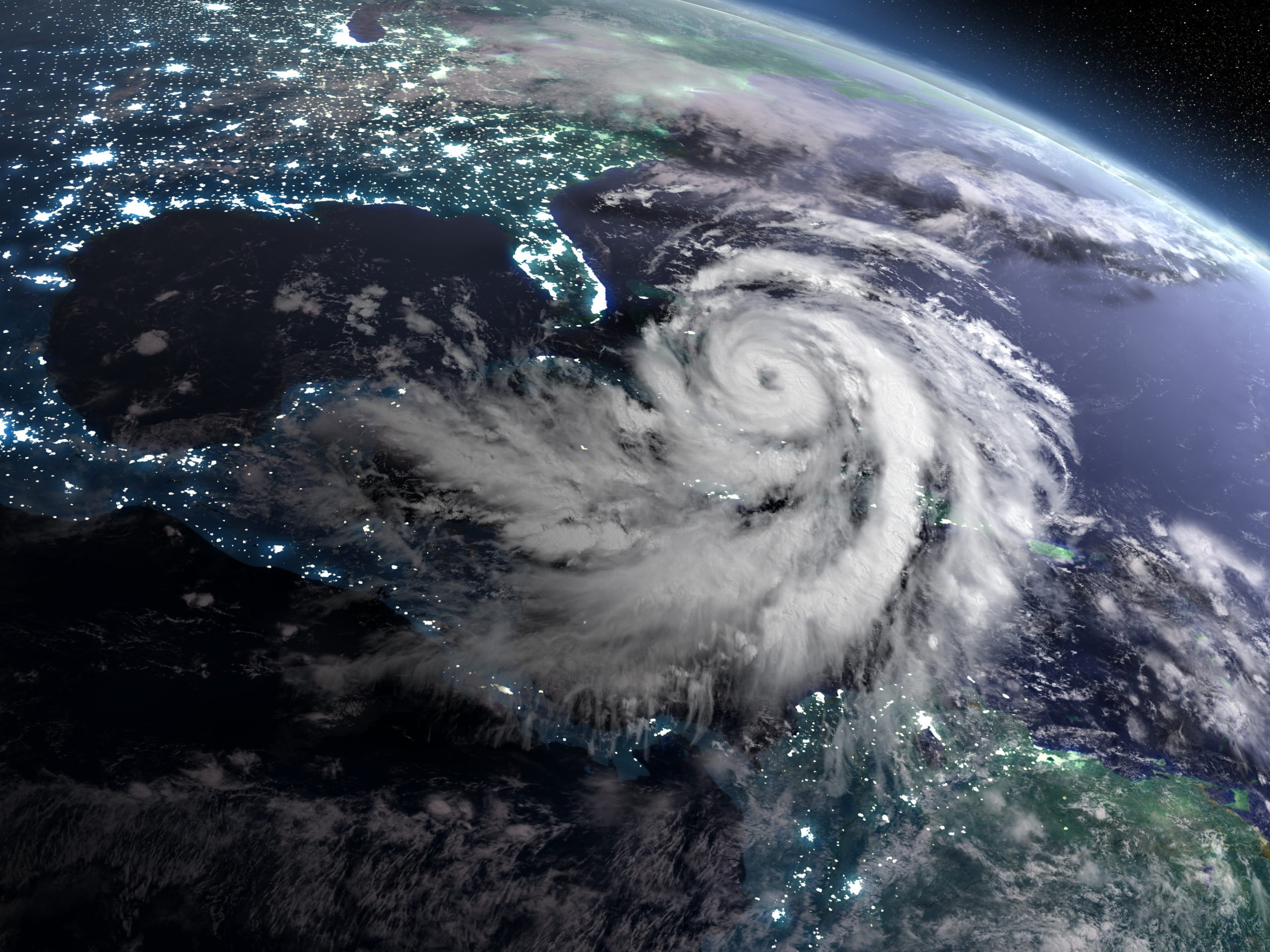Scientists developed a machine-learning model that outperforms official agencies in predicting tropical cyclone track, and can do it faster and more cheaply than traditional physics based systems.
Aurora is a foundation model created by researchers at Microsoft, the University of Pennsylvania, and other institutions. It aims to improve the accuracy and speed of Earth system forecasts. This includes air quality, ocean waves, tropical cyclone tracks, and high-resolution meteorology.
Paris Perdikaris describes Aurora as a large network. He is an associate professor at UPenn and co-lead researcher in mechanical engineering and applied dynamics. Aurora uses past geophysical data, similar to what ChatGPT does with text, to predict complex physical processes without explicitly relying on traditional physics equations.
Traditional models are designed based on first physical principles like conservation of mass and momentum.” he said. “Aurora relies instead on observations and data.
Aurora learns from a diverse set of geophysical information, including forecasts and observations, as well as what we call analysis data and reanalysis data. This is basically a reconstruction and re-analysis of historical weather patterns that we have access to. The paper stated that Aurora was pre-trained using more than one million hours worth of diverse geophysical data, and then fine-tuned by small engineering teams over a period of four to eight weeks.
Aurora was able, using only historical data, to forecast all hurricanes more accurately in 2023 than operational forecasting centres
This model relies on a combination of Perceiver encoders and a 3D Swin Transformer, as well as recursive prediction techniques. Perdikaris bragged that “Aurora trained only on historical information was able correctly forecast all hurricanes for 2023 more accurately than the operational forecasting centers.”
According to the authors, Aurora was able to outperform seven operational forecasting centres on five-day tropical storm track predictions for global cyclones from 2022-2023. It also outperformed state-of-the art numerical models in 10 day global weather forecasts with 0.1deg of resolution on 92 per cent of targets.
They suggest that Aurora, as a foundation model could be fine-tuned to a wide range Earth system prediction tasks, including air quality and ocean dynamics. Microsoft: Does it matter that Windows Server costs 4X more in AWS, Alibaba and Google? Google DeepMind touts AI for ‘better global weather forecasting.
Applications could include modeling ocean currents, short and long-term weather patterns and vegetation cycles to forecasting wildfires and floods.
“With its ability to fine-tune Aurora for diverse application domains, at only modest computation costs, Aurora represents a notable progress in making accessible actionable predictions to anyone,” the authors added.
This is not the only AI model that’s shaking up meteorology. Aardvark a machine learning-based system for weather prediction, showed promise by outperforming supercomputer-based models in March. The system can be run and trained on a desktop with NVIDIA GPUs. It generates 10-day forecasts within minutes and at a fractional cost of the current numerical weather models. (r)
